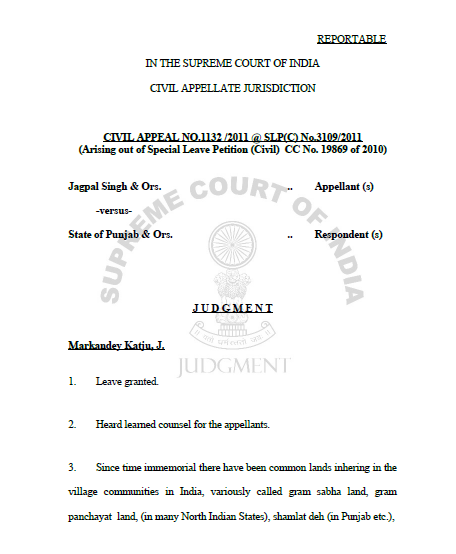Poverty, hunger and agricultural “investments”
The original French version of this article was prepared at the request of the Nature & Progress (Nature & Progrès) journal and published in November 2011 (No 85) issue in the section Resources : the plundering (Ressources: la spoliation).
Translated by Levi E. Johnson
Extracts :





